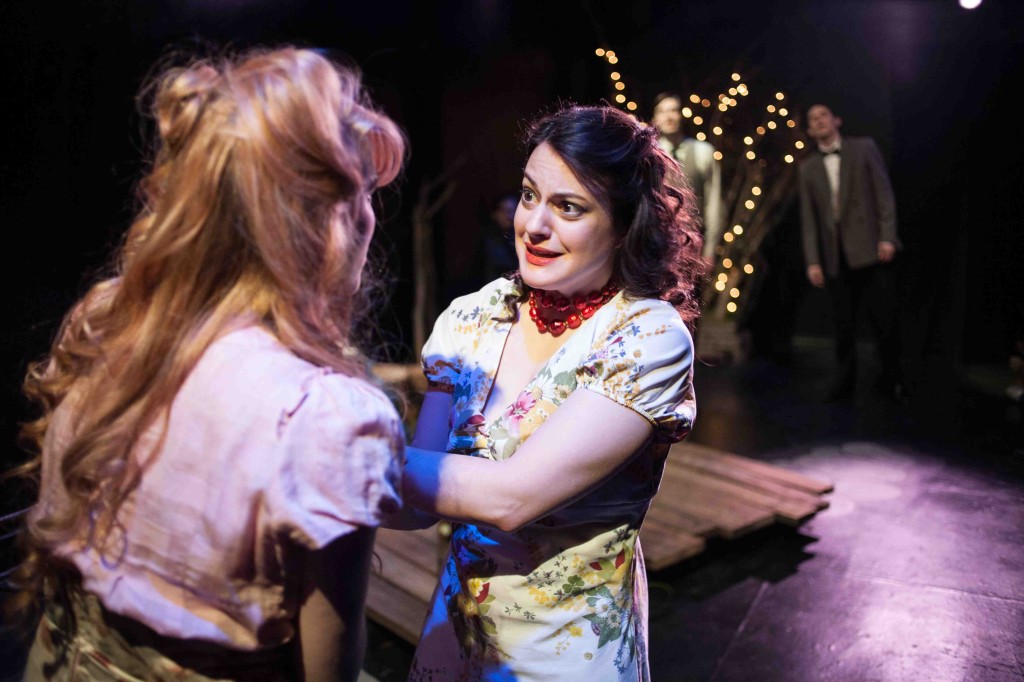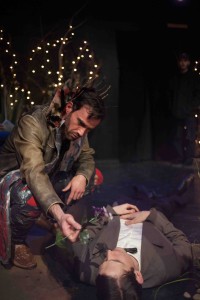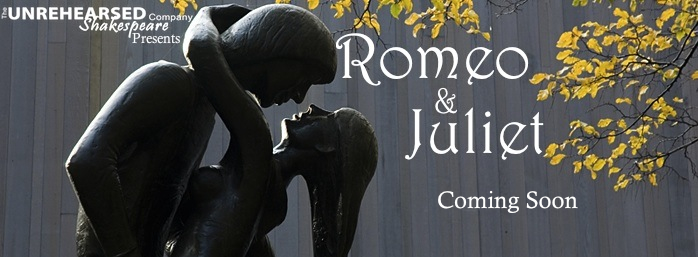This is a theater generation raised on movies as the ideal. Movies and theater are no longer considered different mediums of communication, but just different genres of production, with movies being the obviously superior model, restricted only by production difficulties.
On his blog, A Producer’s Perspective, Ken Davenport tells his readers about his plan to start producing movies. In it, he describes the difficulty Broadway shows have in finding high-calibur venues, using a recently cancelled US production of Titanic (the musical) as an example:
“It costs a lot of money to do out-of-town productions, and since the producers of Titanic couldn’t get a guaranteed Broadway theater sometime in the coming season, they wisely pulled the plug. They didn’t want their ship sitting in the harbor with nowhere to dock . . . and no guarantee that it would ever dock.”
I’ve already written about movie-musicals, and Bitter Gertrude has an article about the Tony’s (and by extension, Broadway) that nearly brought me to tears of joy (it was like Winston reading Goldstein’s book shortly before his arrest), BUT there’s no denying that they make bank, and as Davenport points out, he is a businessman. So, since he can’t produce plays right now, he’s going to start producing movies. And why not? He’s a businessman. If he can make money in what has become the same field, why shouldn’t he? He certainly doesn’t claim to be an artist of any kind, so happy trails and a good “know thyself” to him. Other than the minutia of what to spend where, they’re all the same to the producer.
But they seem to be all the same to actors, directors, and designers as well. Except that movies all look to be much bigger, fancier, and flashier. When I watch a play nowadays, nine times out of ten I feel like I’m watching a movie put onstage (which I guess explains the proliferation of movie-musicals). I see the same blank-faced vapidity being sold as subtlety: empty-eyed actors imagining a non-existent camera closeup, trying desperately to pretend we are not there. I see the same sarcastic scoffing, shrugs, and scrunched faces of 90’s sitcoms and the modern films that are still drawing their inspiration of that age. I see Brechtian Representations of emotion, where actors make the faces and noises that TV has taught us to associate with different feelings and sensations, then we audience see and accept them as Naturalism instead of the exact opposite. It’s like a contemporary Delsarte, except everyone’s pretending that it’s motivated, natural, relational acting.
Art is meant to challenge those who perceive it. But challenge is not profitable. Comfort is profitable.
The reality is that the Free Market in general and Capitalism in particular have never been friends to art in any capacity, save what we call commercial art (the art of being pretty). Challenging innovations, while often celebrated, are always overshadowed by what is familiar.
Here’s a great video about how the same applies to video games.
The myth of profitability and artistic-quality (whatever that means) being one and the same took a strong foothold in the US during the Modern Art movement, which is hilarious since Modern Art’s success was due in no small part to government funding. The Impressionists (and Neo-Impressionists, for that matter) survived off the charity of their friends, hoping to land a government contract so they could coast along for a while before leaching off their friends again. Van Gogh was a failure in his life. Poe found success by publishing stories in women’s magazines that he hated.
Here’s a big one. To my admittedly limited knowledge (and I do want to stress that this knowledge is limited), Shakespeare’s plays were no more successful or popular than his contemporaries. Shakespeare found success as a producer, and his company produced plenty of plays aside from his own. There is no evidence that Shakespeare’s financial success had any significant relation to his talent as a writer.
We admire movies because we want to be famous.
We are obsessed with celebrity, a pantheon of super-mortals so like us, and we all worship them in the hopes that we might be rewarded for it, or even become one of them ourselves. It’s like the Greek Pantheon. There is nothing admirable about these people: their success is not related to their hard work (if they worked hard) or their talent (if they have talent) or their social skills (if they have social skills). Their success to due to having the right connections (which usually means being born to the right families), their appearance, and of course being the right place at the right time. It’s this last one that keeps us all playing the cosmic lottery of worship, thinking that someday our ship will come in and we’ll get our own Constellation.
A great way to justify this obsession is the mass-delusion that good things happen to good people (psychologists call this the “Illusion of Justice”), and that therefore all celebrities are necessarily hard-working, talented people, and that their success must be linked to these factors. Specific exceptions (and there are many of them) are always treated like isolated incidents and dismissed, so we can continue obsessing. We only respect kindness in those who have the power to be cruel, and nowhere is this better seen than in the worship of our favorite celebrities.
Movies are entertainment. Entertainment is comforting. If comfort is the primary purpose of Art, then it’s time for theater to die; because theater cannot provide better spectacle, more streamlined stories, prettier actors, or just plain better entertainment than movies can. What Theater can do better is engage directly with the audience: challenge their assumptions or make them complicit in the moral ambiguities of the characters onstage. And, I suppose, plays provide exclusivity and the bragging-rights that comes with that exclusivity, but you have to take the good and the bad together.
Anyway, I feel like I’m kinda all over the place with this thing. The point is, a movie is not a play. Everyone pays lip-service to “Love the Art in yourself, not yourself in the Art,” but I don’t see any other reason why people who call themselves theater artists would continue to worship the screen, to pretend that it’s something to which we should aspire, rather than just a great way to make a lot of money. The Screen is potato chips, the Theater is the French rooster pie (or some other fictitious high-class dessert).
Oh! Here’s another great video about how this also applies to video games.
Right now, there’s a lot of hullabaloo (love that word) about the upcoming film version of Into the Woods. I’ve seen this play exactly twice in my life, and I loved it. I have absolutely no need to see it onscreen. The movie of the musical is just like the t-shirt of the musical. If you don’t like it, don’t buy it. Who cares? It’s not the musical; it’s someone’s attempt to make money off the musical.
Blargging.
PS: Paul Rudnick’s I Hate Hamlet is largely a comforting love-letter to Shakespeare fans, but it does have some good commentary about stage vs screen. This is perhaps best encapsulated by a monolog, spoken by Gary (the lead’s agent).
“Can I be frank? I don’t get it. The theater. It doesn’t make any sense. It’s like, progress, right? Take it step by step. Back in Neanderthal times, entertainment was like, two rocks. Boom boom. Then, in the Middle Ages, they had theater. Then came radio. Then silent movies. Then sound. Then TV. That’s like, art perfected. When you watch TV, you can eat. You can talk. You don’t really have to pay attention, not if you’ve seen TV before. Nice half-hour chunks. Or even better, commercials. Thirty seconds. Hot girl, hot guy, the beer, it’s all there. It’s distilled. I mean, when I go to the theater, I sit there, and most of the time I’m thinking – which one is my armrest.”





